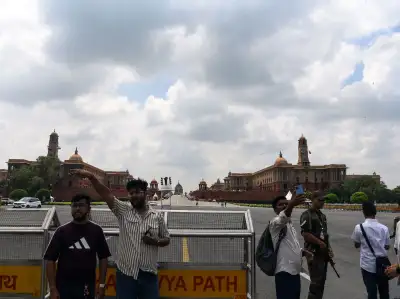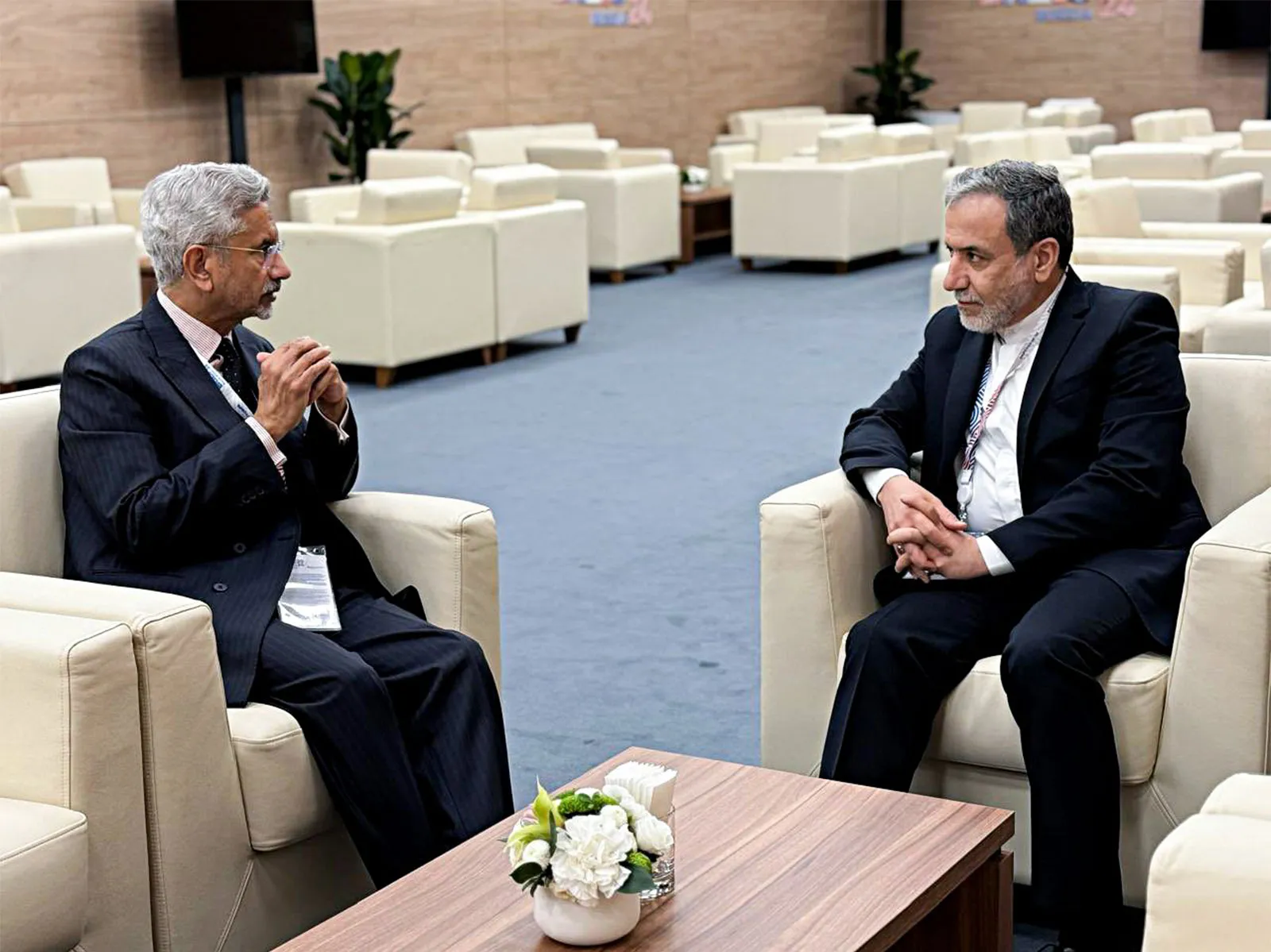

New Delhi, March 5: External Affairs Minister S Jaishankar on Thursday held a telephonic conversation with his Iranian counterpart Seyed Abbas Araghchi amid escalating conflict in Middle East.
In a post on X, Jaishankar said he had a telecon with the Iranian Foreign Minister during the afternoon.
"Had a telecon with Iranian FM Seyed Abbas Araghchi this afternoon," Jaishankar said.
Further details of the conversation were not immediately disclosed.
The call between the two Ministers comes amid rising tensions in West Asia, particularly following a US-Israel military offensive against Iran.
India on Thursday also offered condolences on the death of Iranian Supreme Leader Ayatollah Ali Khamenei. Foreign Secretary Vikram Misri, on behalf of Government of India, signed the Condolence Book at the Embassy of Iran in New Delhi today, and offered condolences to the slain Supreme Leader of Iran Ayatollah Ali Khamenei.
Khamenei was killed on February 28 in a reported joint US–Israel strike at his official residence in Tehran.
India on Tuesday also expressed deep concern over the escalating conflict in Iran and the Gulf region, urging all sides to exercise restraint and prioritise civilian safety. The situation has deteriorated significantly, with increased violence and disruptions to normal life.
There are almost one crore Indian citizens who live and work in the Gulf region. Their safety and well-being are of utmost priority. We cannot be impervious to any development that negatively affects them, said the Ministry of External Affairs press release.
India's trade and energy supply chains are at risk due to the conflict. Our trade and energy supply chains also traverse this geography. Any major disruption has serious consequences for the Indian economy. As a country whose nationals are prominent in the global workforce, India is also firmly opposed to attacks on merchant shipping. Already, some Indian nationals have lost their lives or are missing as a result of such attacks in the last few days, said the release.
India reiterated its call for dialogue and diplomacy to end the conflict, emphasising the need for peace and stability in the region.